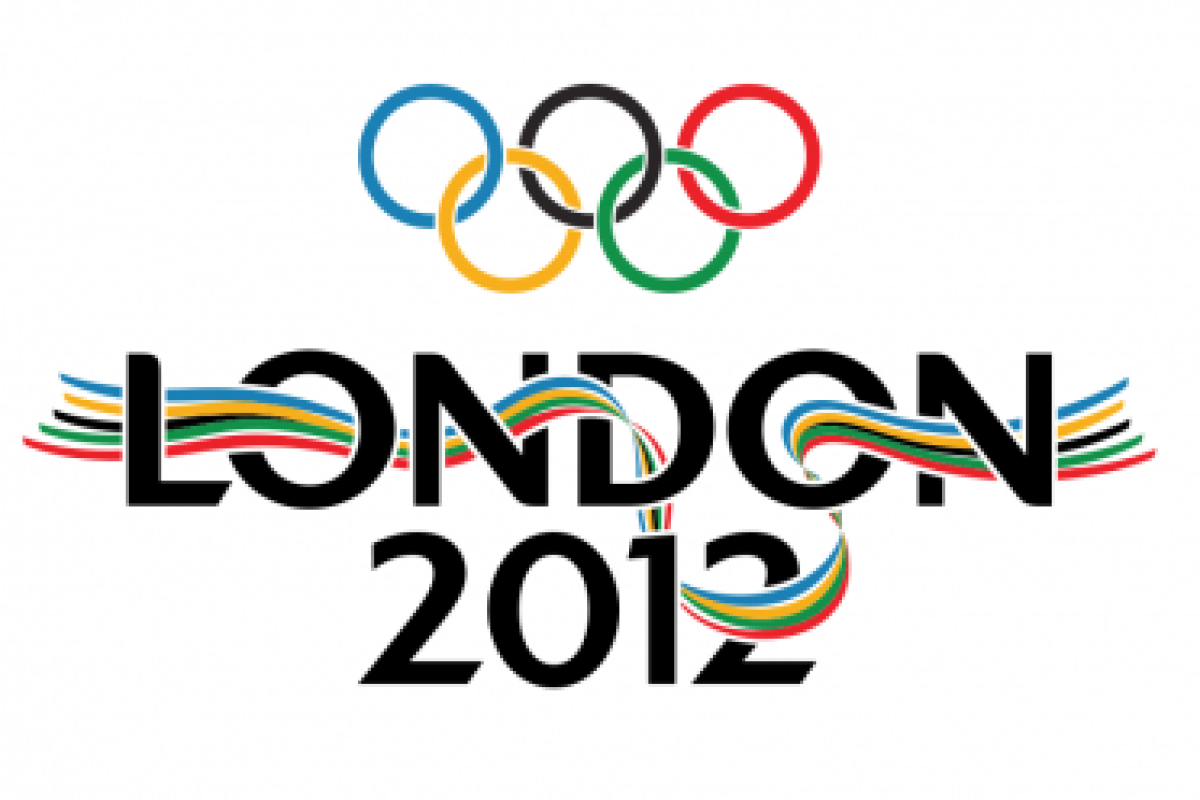Since the last blog the country appears to have slipped quickly back into the way we were before the golden sporting memories of the summer.
Indeed just looking at headline GfK UK consumer confidence index the recent mood has been cheerless with the GfK measure stuck on the recession level of -29 for the 4 months straddling the Diamond Jubilee events and the bulk of the summer Games. Last month saw a little brightness appear with a 1-point rise in sentiment to push the measure to its highest since June 2011. Overall in the UK there has been no Olympics bounce and the likely continuation of another quarter of recession.
Yet what a summer it has been for the public. Team GB lifted the nation’s spirits and showed to the world what the country can achieve through investing in dedicated athletes and coaches. Hosting such an unforgettable Olympic and Paralympics was a remarkable achievement given the considerable pressures placed on the Games organisers. Brand Britannia did rule as we rocked the world.
Before the London Games 47% of adults* expected the Olympics to bring the country together and make people feel happier. Such was the impact of the Games that over 11 million more people post the Olympics felt the Games had brought the nation together and made people happier. Indeed around a quarter of adults indicated they had been to see the Olympics Torch relay and / or attended one of the free Olympics events.
Across a number of measures people have been inspired, motivated and engaged by feeling part of a major shared experience. 47% of the public felt the Olympics to be the greatest sporting event of their lives, far above the 25-30% that expected such a feeling in the Olympics barometers before the Games.
Some 19 million expect to be become more active as a result of the summer Games, up from nearly 14 million before the Olympics, with 16% of adults intending to volunteer in sporting and community activity as a direct impact of the Olympics / Paralympics.
For sponsors, sport will play a big role in their marketing and CSR planning. A majority of the public believe sponsors played a vital role in the success of the Games with 61% of the public believing that sponsors need to understand more the role that sport plays in the lives of customers, employees and communities for the legacy to succeed.
Delve a little deeper and there are two groups of people who benefited most from the Olympics. These are people who have had time on their hands and higher earners.
For them there has been an Olympics bounce. Confidence among part time workers – many of whom are women, gained 5 points between July and September to -26. Among the unemployed and benefit dependent, sentiment climbed 7 points to –28 and -32 respectively. Such jumps in confidence compare to a 2-point fall among full time workers from -28 to -30, a very unusual mood shift.
Among the two higher earning groups confidence is sharply higher. Top earners (over £50,000 household income) recorded a 10-point surge in sentiment between July and September to the best level (-13) since May 2011. In the £35,000-49,999 income band confidence gained 5 points to -19 over the 3-month period.
Around three-quarters of people who are time-rich, and a similar proportion of higher earners believe that both summer Games showed what a major role sport can play in changing peoples’ lives, a far higher proportion than of people in full time work (61%). Indeed both groups are also the most supportive of sponsors and of being inspired to take up a sport or activity.
For these groups the country really did become a happier place and highlighted what a crucial role sport has to play in the coming years for the social impact it can generate – with the Paralympics particularly showing all manner of inspiring ways participants had adopted to overcome adversity.
The health legacy from having an active interest that may well involve sporting or recreational exercise could be considerable with groups showing greater support for the NHS promoting such effort. Such a legacy should help to reduce demand for mental and physical treatment at a time of great pressure on NHS resources.
Such ‘can-do’ attitudes among many of the ‘part-time / not working’ marketing segments highlight the vast army of untapped resources the UK possesses.
People do want flexibility in their lives but need to have a sense of purpose they feel valued and respected for.
As attention is currently focussed on the party political conference season and the themes both new and old – One Nation Labour and Big Society Tories – so it seems there is a major opportunity for an expansion of the non-profit sector and of uniting the similar sporting moods and attitudes of the newsworthy ‘high earners ‘and ‘not /part time working ‘segments brought together by their shared summer experiences.
What perhaps the past two months have shown is that the old ‘work to live’ or’ live to work’ lifestyles may be joined by new more socially cohesive’ live to give’ and ‘live to share’ collective lifestyles in post-Olympics Britain.
Read more from John Gilbert.
*source JGFR/GfK Olympics Barometer, September 2012
